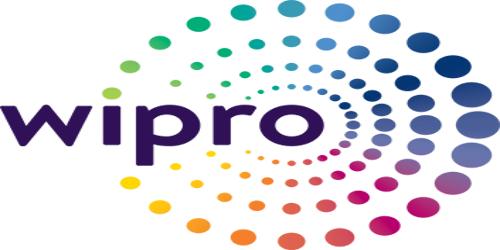Marqeta is expanding into the consumer credit card space to launch other brands’ credit card programs. The move comes just days after the payment card issuer secretly filed with the company as an initial public offering, making it the latest fintech to move to the public market.
According to Reuters, the value of the IPO expected to be around $10 billion. The marketer, who has worked with Goldman Sachs and JPMorgan Chase on the offer, hopes to complete the IPO by April. The Oakland, California-based marketer raised $150 million in May, valued at $4.2 billion, TechCrunch reported earlier. Then in October MasterCard puts undeclared money in the market.
The company, which provides tools for all strip financial service platforms to provide cards, wallets, and other payment processes, counts cash apps, sure, DoorDash, and Instacart among its customers. Towards the end of 2020, Marqeta said it had issued 270 million cards through its platform, up from 140 million at the end of 2019.

Now, Marqeta is collaborating with another startup to launch its new credit card initiative. As applicable CEO Kalpesh Kapadia explains, his organization will be empowered with technology and open source API platform, underwriting, banking and bureau integration, customer service, compliance and marketing program management services, including risk management.
Jason Gardner, founder and CEO of Marketer, described the expansion of the market as a “big milestone” in creating new credit products as “capable of supporting any type of card to create a truly comprehensive card issuing platform.” “The technology is complex, and we’ve seen that this market constraint helps our customers innovate in the prepaid and debit space and create opportunities for us to adapt to it,” he told TechCrunch.
Marketers are currently relying on the idea that any card issuing business is looking for or currently operating on a credit card. “These innovators want to introduce modern card products but have to rely on legacy technology, which offers many less options for flexibility and personalization, reducing innovation,” Gardner added. Customers want more from credit cards than just paying for purchases.
“They want a seamless digital experience, rewards that match their lifestyle, and a personalized app that monitors financial health, but there’s something new that speaks to it,” he said. The COVID-19 epidemic accelerates skinless payments – since people can avoid interaction and shopping in person – the demand for more digital financial offers has exploded. With its new initiative, the marketer aims to be able to “help its customers launch new customized credit card products over a period of time” with some more flexible controls and features.
For example, they have what describes the market as a modern credit system of records that can adjust account parameters such as rewards, APR and credit lines in real time based on custom rules. Customers will have the ability instantly activate cardholders with the approval and provision card directly in the digital wallet. Gardner called Menlo Park-based receivables “an ideal first strategic partner” for expanding the credit card market.
“We plan to provide program management services for customers using our credit card issuer platform through an ecosystem of partners,” he said. “With a strong belief in the power of open APIs to accelerate the market and targeting innovators who want to create truly modern card products” they fit the DNA for what we are trying to achieve. They are experienced in the credit card space, with a unique set of requirements and a unique approach to underwriting.”
As part of that, Delivery says its B2B business has grown in recent years, with it currently adding one possibility per week and adding a new partner to its business every month. Over one and a half million subscribers have applied and interacted with its platform in the last three years, and currently, the company is currently serving millions of subscribers (directly and indirectly) per month on its platform. Recipients manage the entire credit card infrastructure of companies like Sally Mae in the cloud, allowing customers who apply for and use Sally May credit cards to join the deserving person behind the scenes. It also provides source services to companies like BankMobile. Other fintech such as Opploans, BlockFi, and Ernest use their entire credit card infrastructure to launch their credit products. “The market is dominated by legacy technology, high-cost management, and a lack of customization and speed,” Kapadia told TechCrunch.”
















